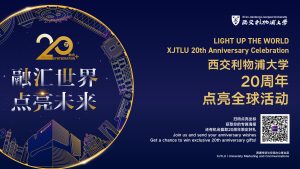26 May 2025
On the afternoon of May 15, the Department of Physics at Xi'an Jiaotong-Liverpool University (XJTLU) hosted a captivating public lecture by renowned astrophysicist Chen Jiansheng, Distinguished Professor at the University of Chinese Academy of Sciences and senior academician of the Chinese Academy of Sciences. Titled "Astronomers Discuss Why Earth Has Life and Humans," the event drew a large audience of students and faculty.
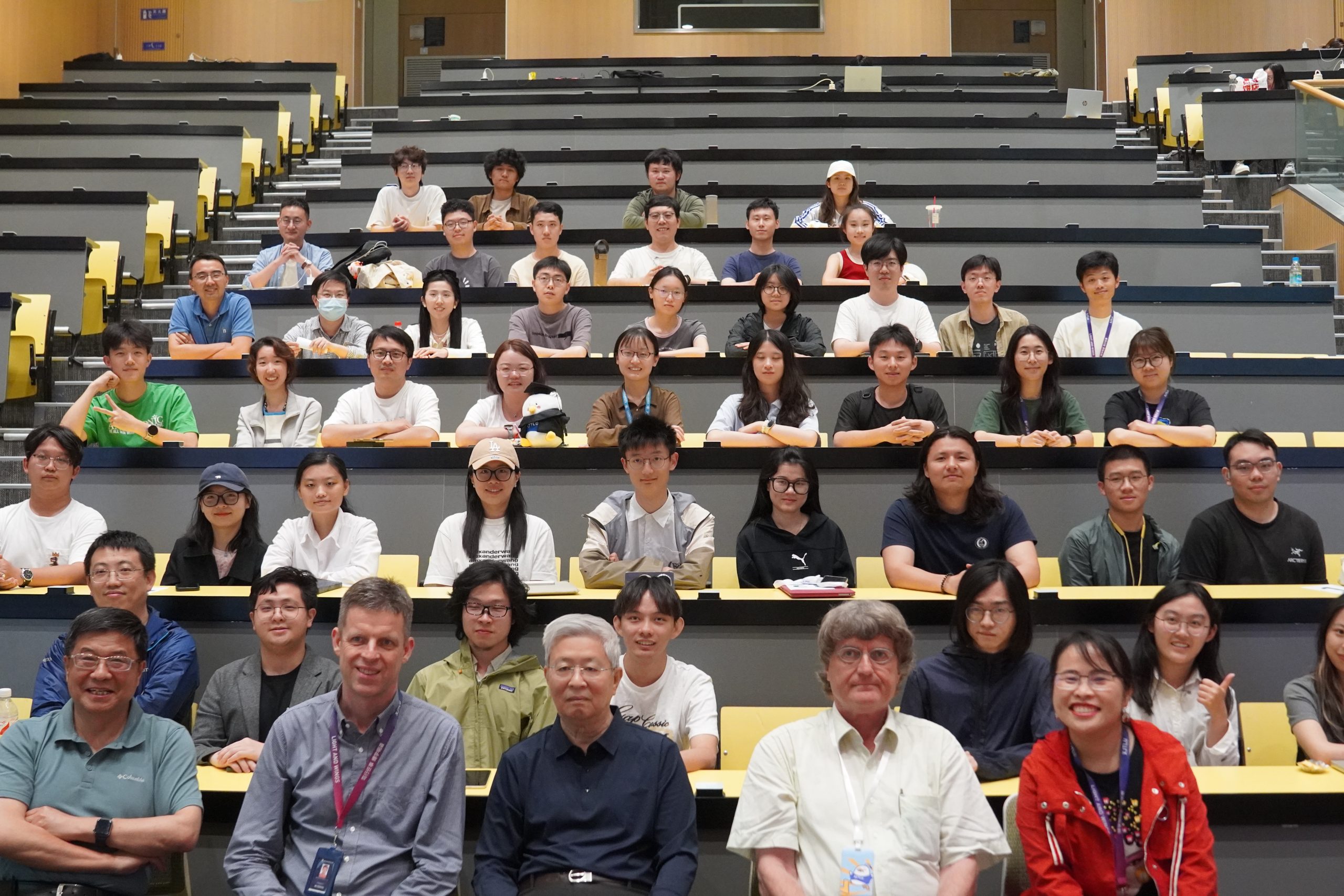
Academician Chen, former Director of the Peking University Astronomy Department and researcher at the National Astronomical Observatories of China, has made groundbreaking contributions to modern Chinese astronomy and its global advancement.
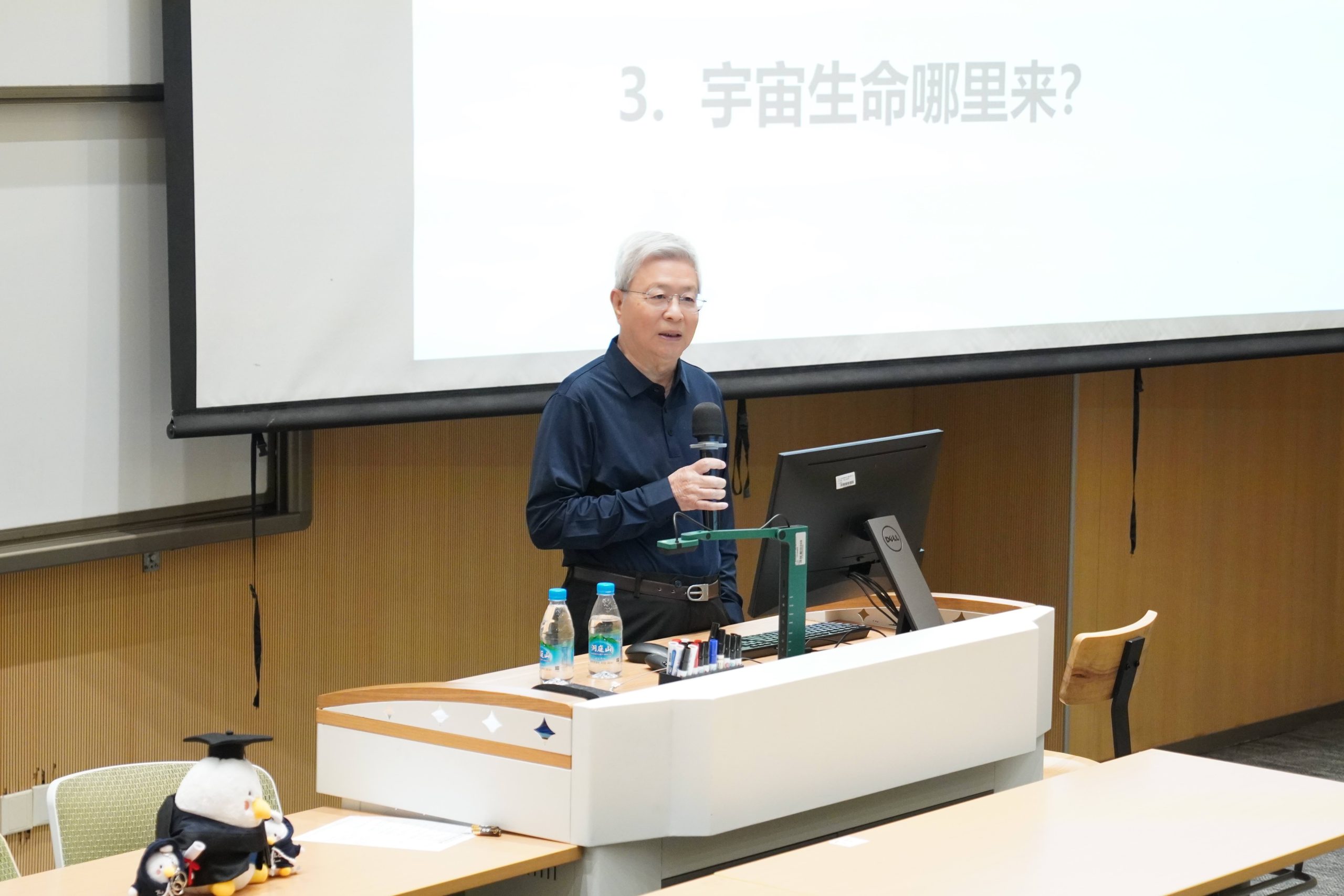
Beginning with Earth's habitability, Academician Chen explained how our planet's position in the solar system's "Goldilocks zone" - with ideal temperatures, liquid water, protective magnetic field, and optimal mass- created a life-sustaining sanctuary.
"Earth's rotation period, axial tilt, and precise solar distance collectively maintain the stable conditions essential for life's emergence," he noted.
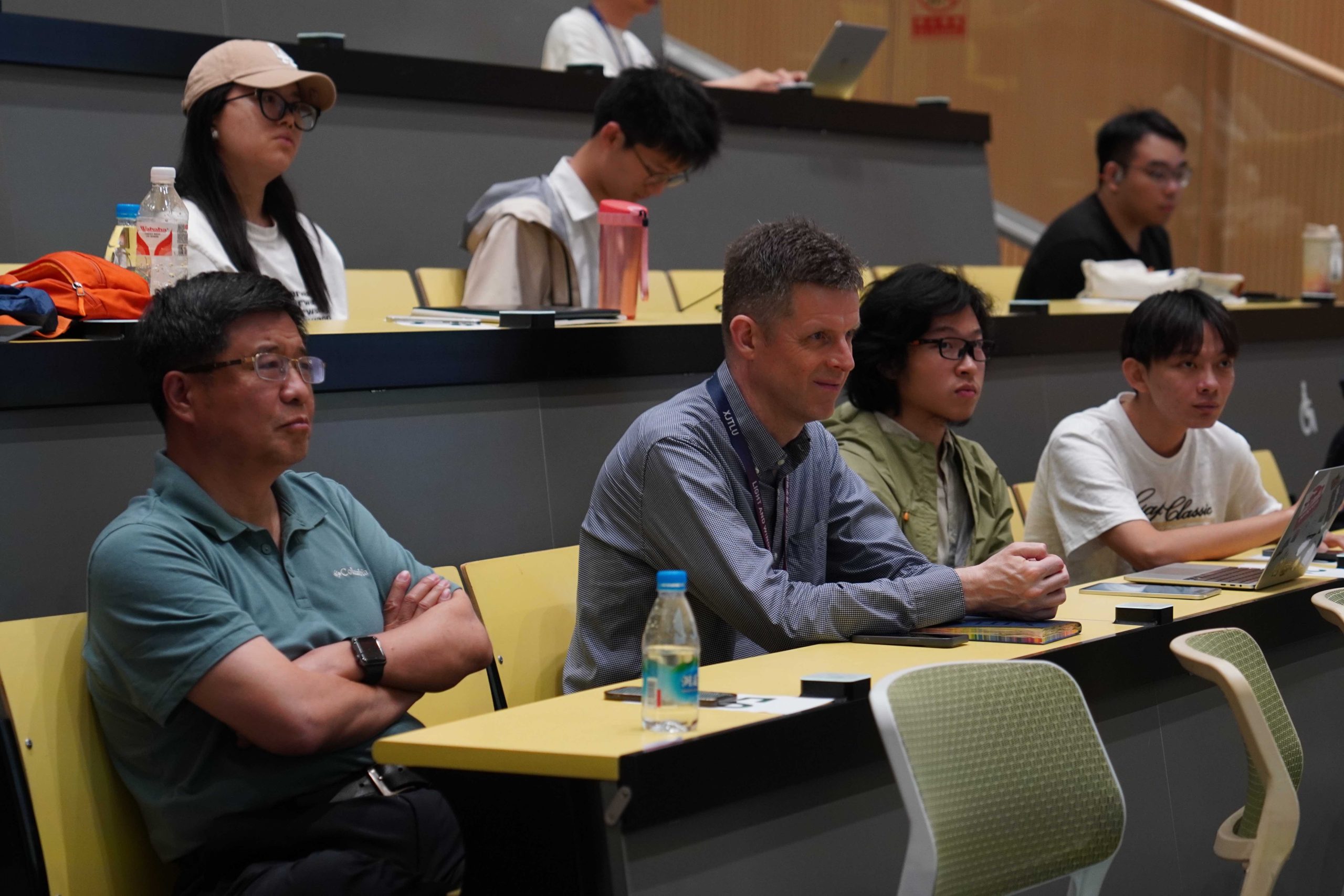
The lecture journeyed through cosmic origins, detailing the Big Bang theory, dating back 13.7 billion years, and Hubble's Law. Academician Chen then illuminated dark matter/dark energy's role in cosmic structure formation before tracing life's potential evolution from inorganic to organic compounds, highlighting landmark research like the Miller experiment and interstellar organic molecules.
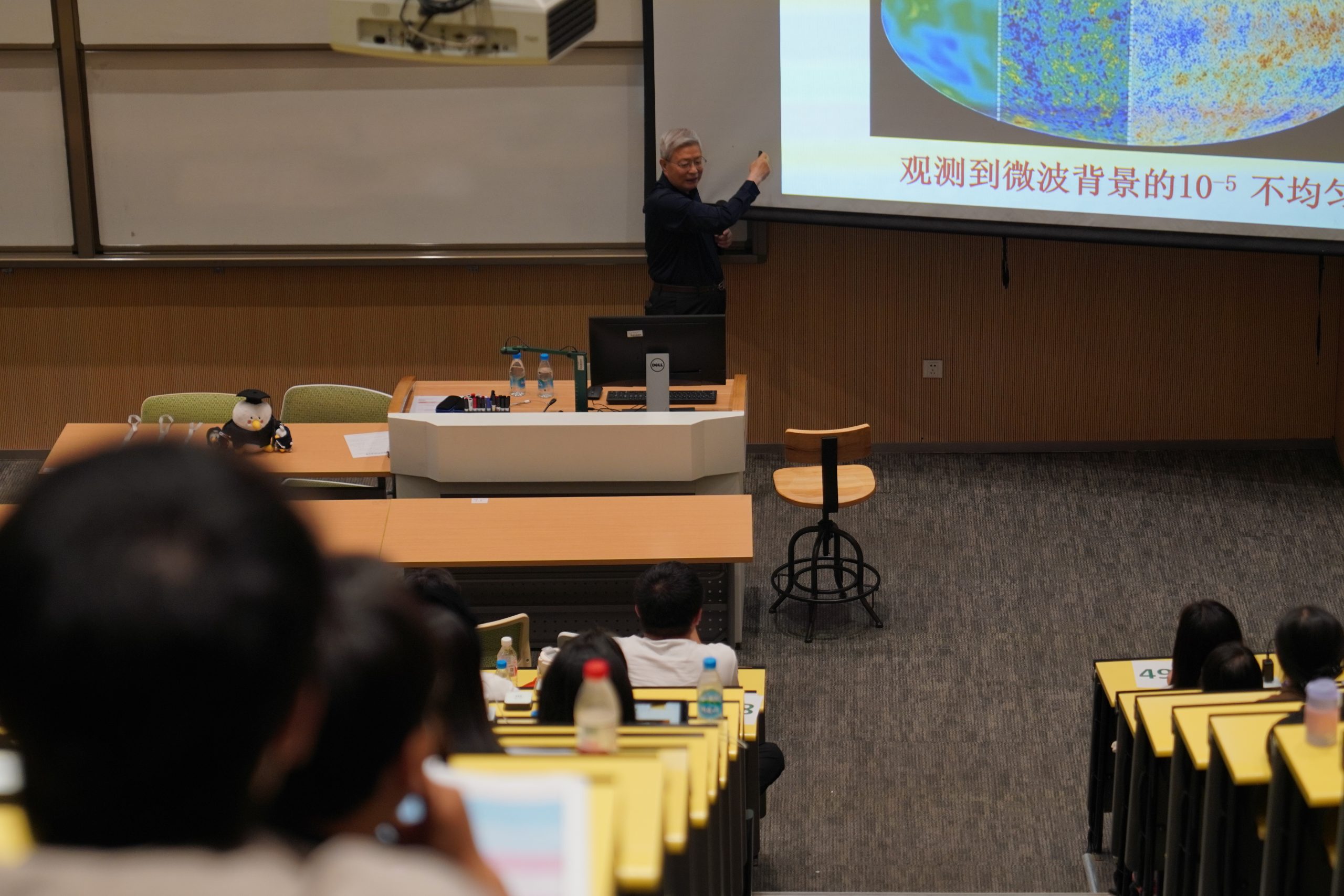
When asked about "multiple Big Bangs," Academician Chen clarified that while sci-fi favours this concept, current evidence doesn't support it.
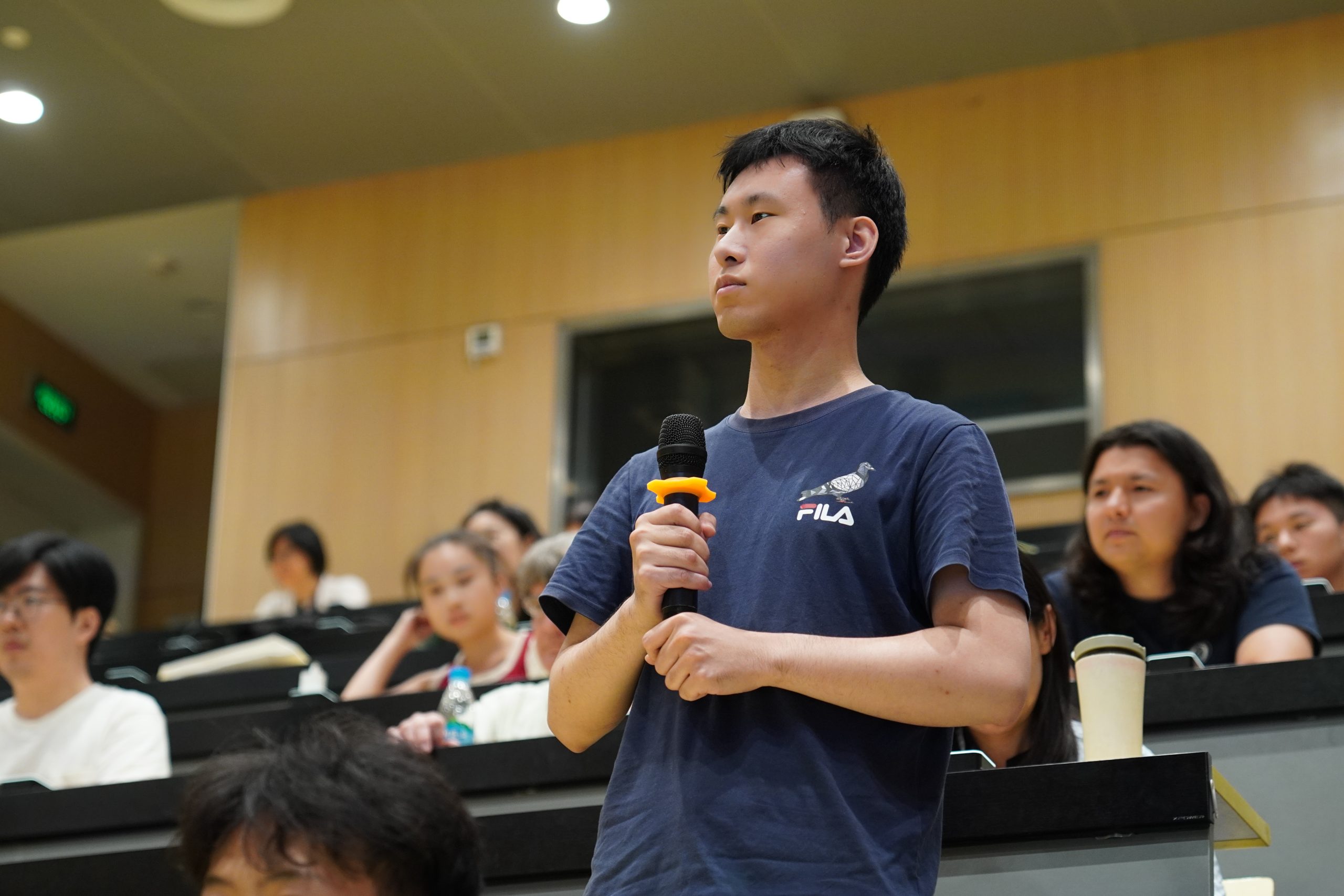
Regarding quantum mechanics' cosmic implications, he acknowledged its "transformative yet evolving" role in understanding microscopic origins.
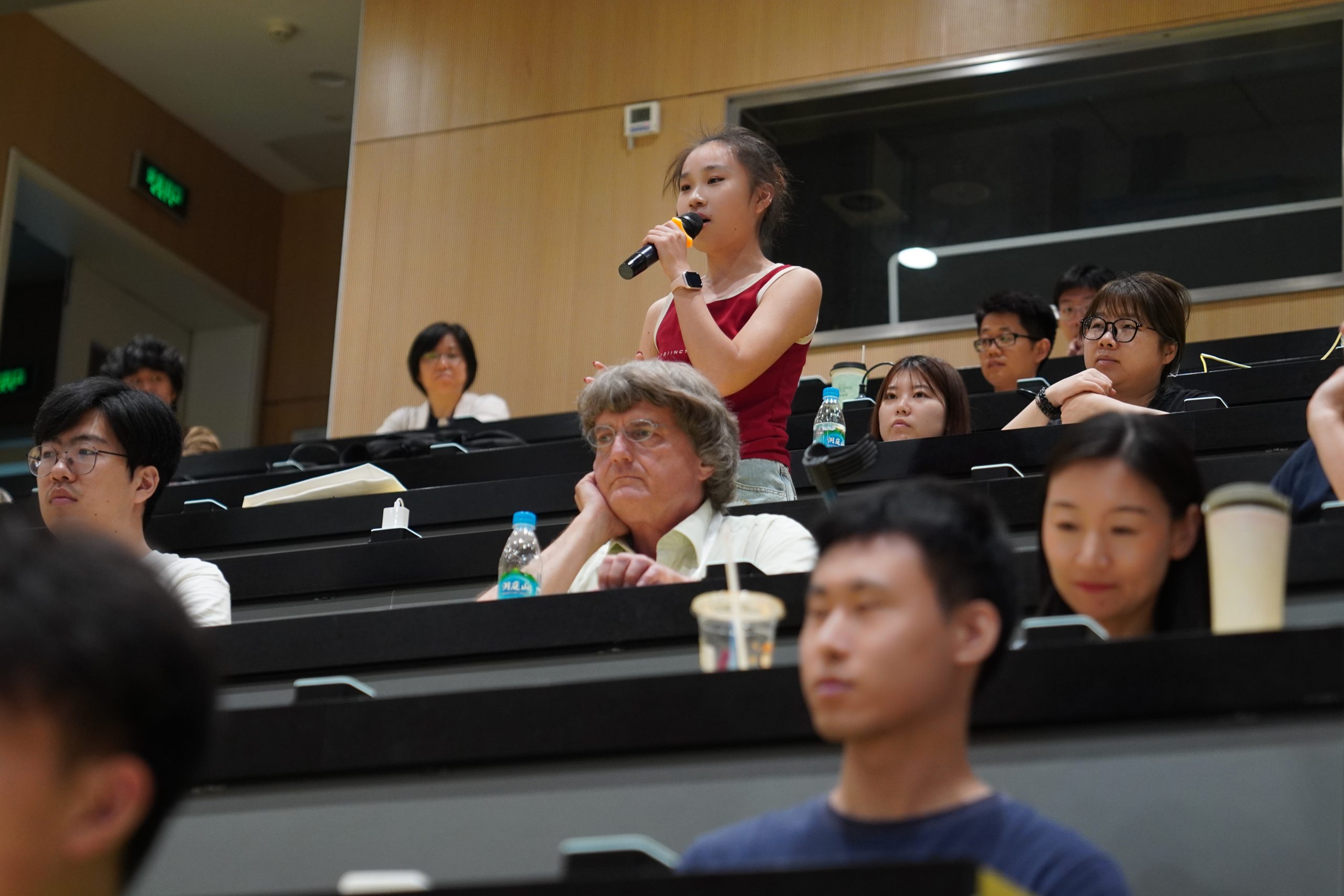
"Though not a physics major, Academician Chen made me appreciate Earth's uniqueness and kindled my fascination with cosmic origins," shared one student from the School of Advanced Technology.
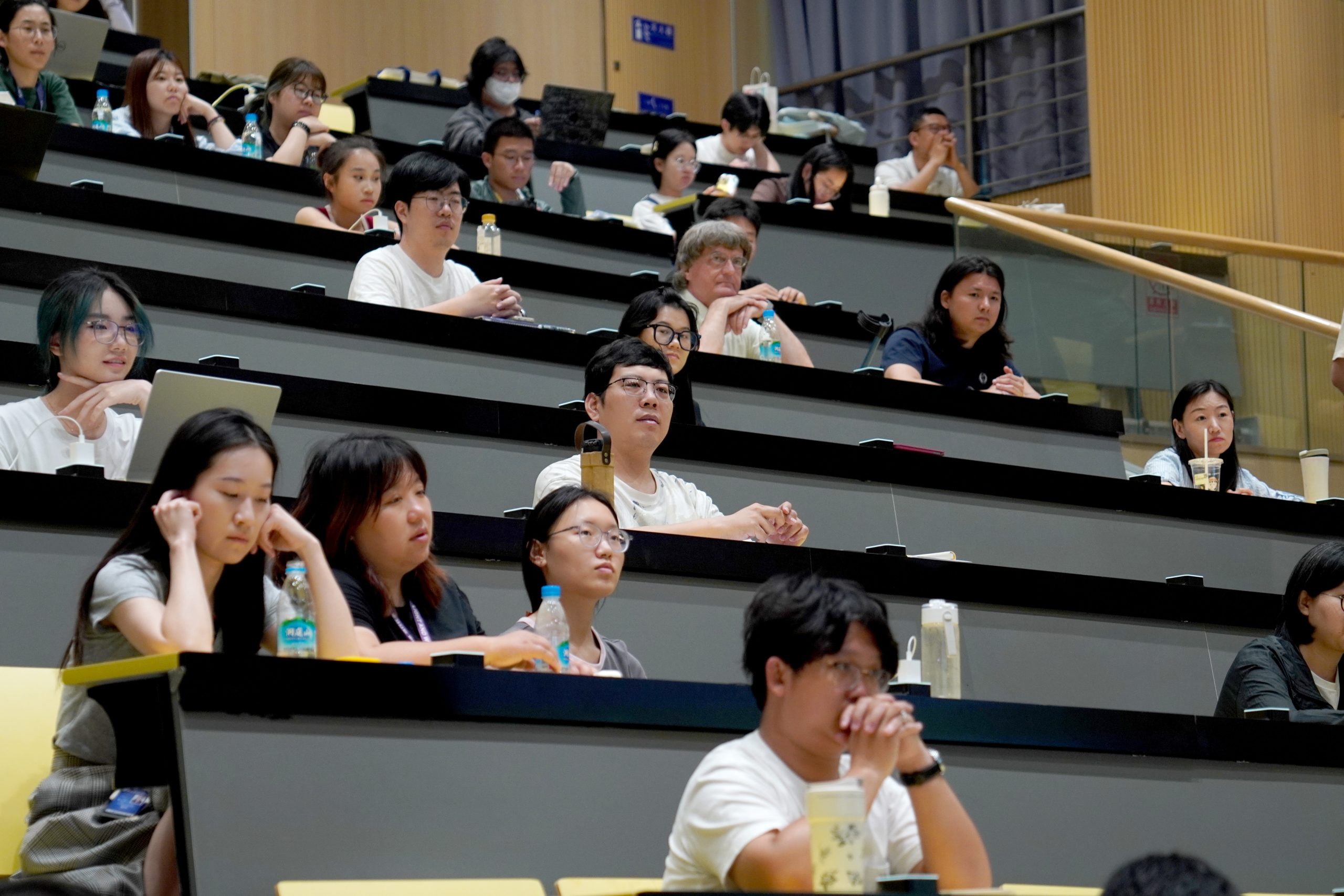
The lecture succeeded in translating complex astrophysics into accessible knowledge, deepening attendees' awe for our universe.
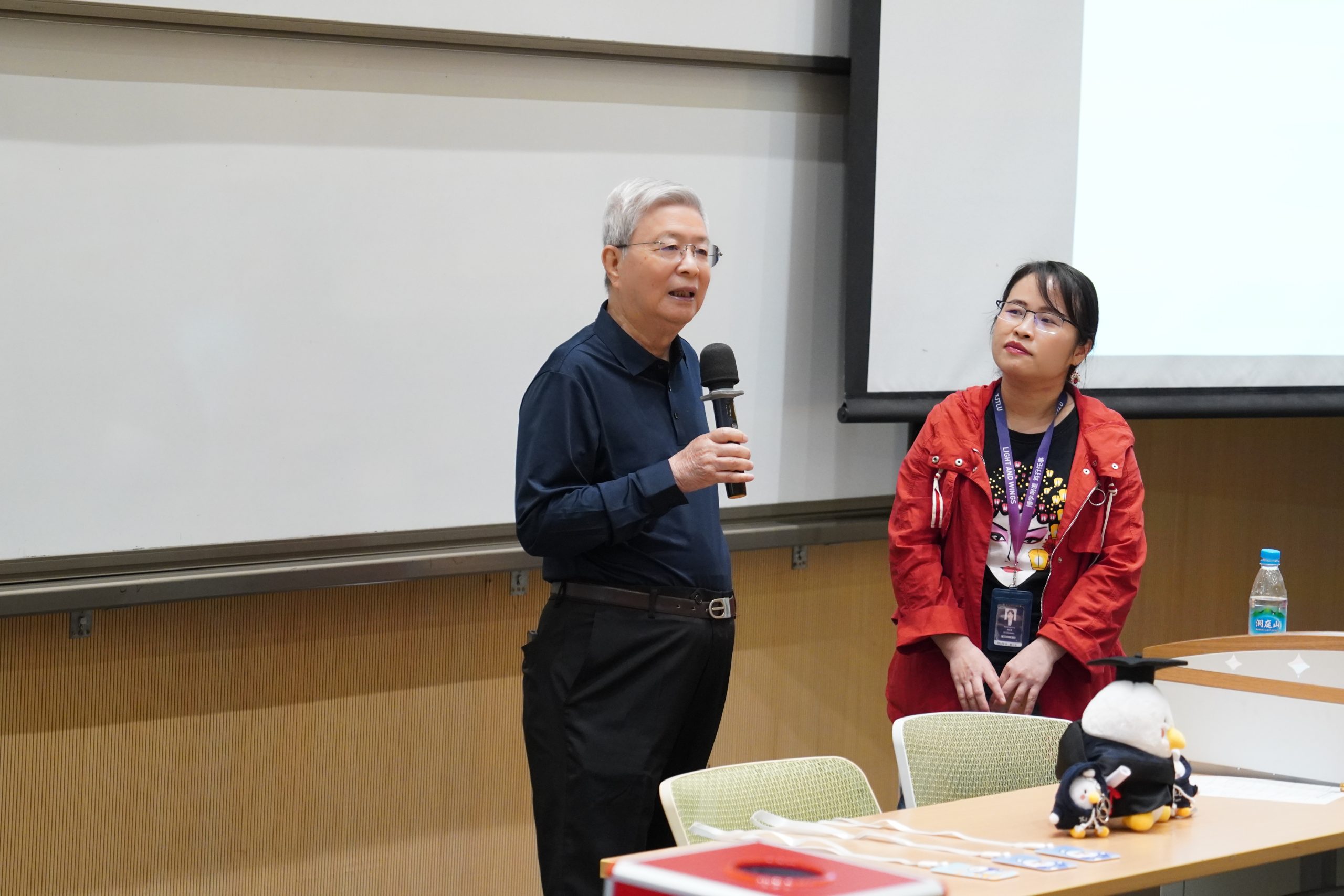
Dr Xiaoying Pang from the Department of Physics referred to plans for more such events, "bridging cutting-edge research with student curiosity."
By Ting Li
Edited and Photos by Qinru Liu
26 May 2025

